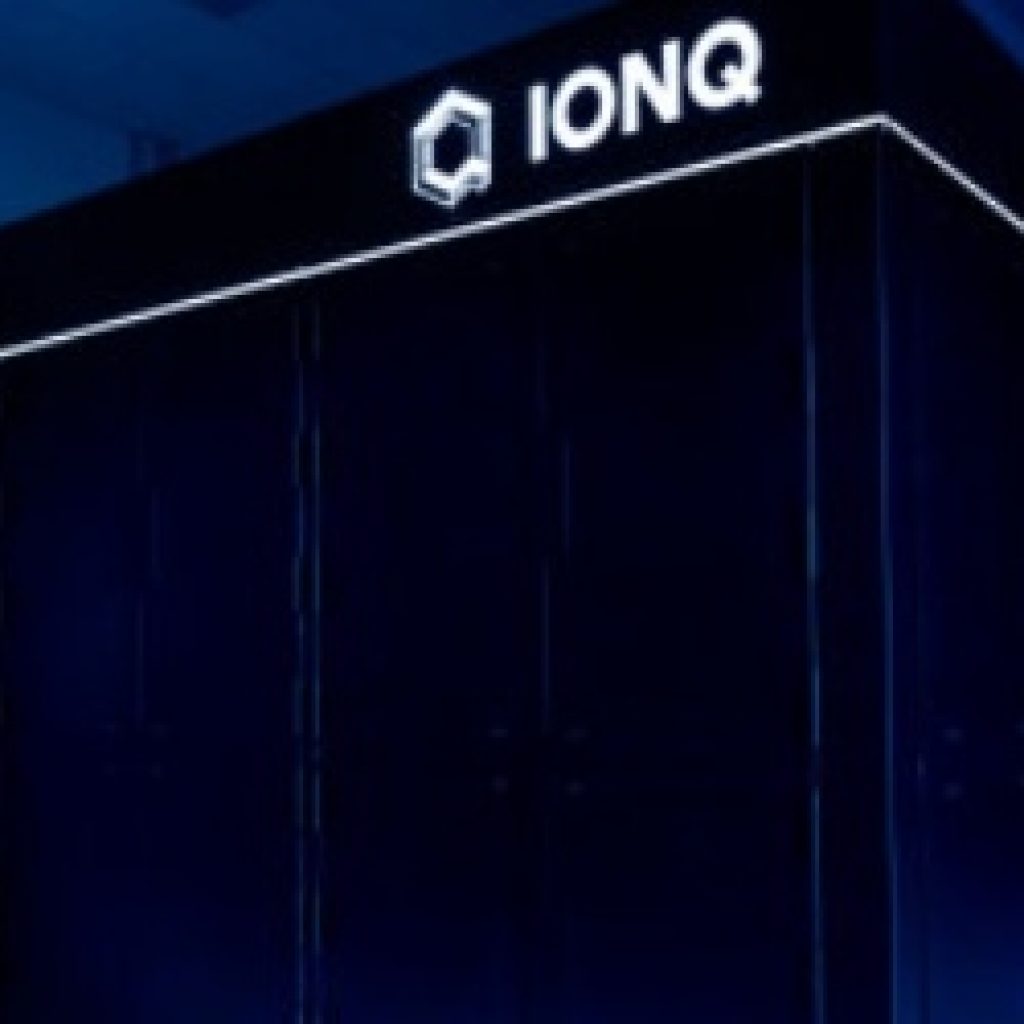(Finance.Yahoo) Matthew Castel, money manager and value investor with the Toronto-based Logos LP; discusses dmy Technology III (DMYI), a SPAC launched by dmy Technology Group Inc. upcoming merge with IonQ (will trade under the symbol IONQ).
This will make IonQ the first ever publicly traded pure-play quantum computing business on the NYSE.
While quantum technology will take years to scale, the race is on to build the software and hardware infrastructure today. The race to such technology will be a defining theme of the decade to come and the stakes could not be higher. The current CEO of Google, Sundar Pichai, has said that the impact of AI will be more profound than man’s discovery of fire.
Enter IonQ. IonQ started as a research project about 10 years ago (as a business about 6 years ago) by Chris Monroe (head of quantum physics at the University of Maryland, College Park) and Jungsang Kim (Professor of Quantum Physics and Electrical Engineering at Duke University, formerly of Bell Labs) who wanted to build the most powerful quantum computer using trapped ytterbium atoms, a unique method that reduces the overall space required to create a quantum computer without seeing loss in quantum power.
Dave Bacon, who was head of Google’s quantum division and one of the authors of the Bacon-Shor quantum algorithm, left Google to join IonQ. Peter Chapman is the current CEO of IonQ (former MIT grad and son of a NASA astronaut) and is the former head of engineering at Amazon Prime.
From a capitalization perspective, the business raised $650 million (roughly $350 million in a PIPE and $300 million through the SPAC) at an enterprise value of $1.95bn ($10/share for DMYI).
the PIPE investors include some of the biggest investors in the world: Amazon Web Services, Google Ventures (head of GV sits on the board), Bosch, Samsung Ventures, Tao Capital, Lockheed Martin, Airbus Ventures, HPE Ventures, Mubadala Capital (UAE Gov’t), Breathrough Energy Ventures (Bill Gates), TIME Ventures (Marc Benioff) and Fidelity.
There are still significant technical barriers to the technology, the most important being error correction, error modification and scalability.
Despite our excitement about IonQ’s prospects, this is a very long-term investment for the LP as there will be multiple phases before we see broad commercial use of quantum computing (early on its S-curve growth runway).
IonQ–Take a Leap with Quantum Computing
